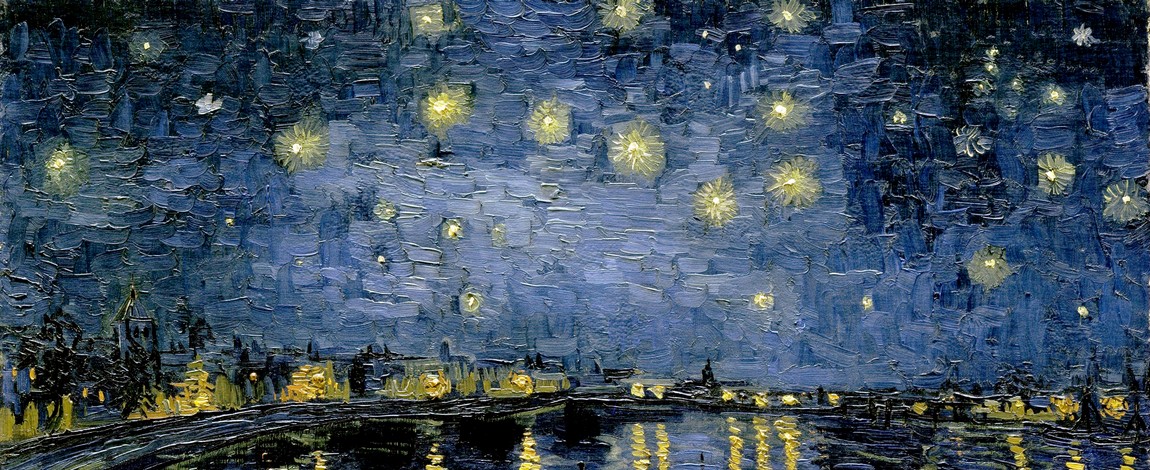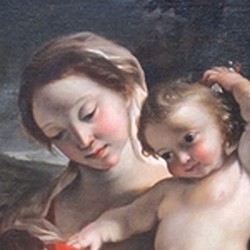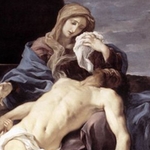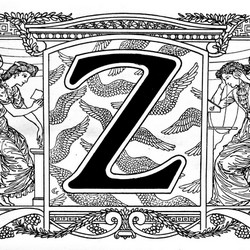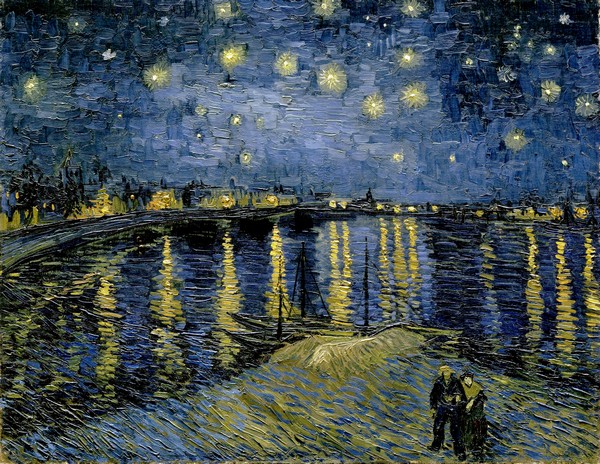
I told my friend JD that I had written a blog article about Sure on this shining night, but when I searched for the link, I realized it was not there. I thought I had written that post, but I guess something came up and I didn't. No doubt, I had to correct my mistake and talk to you about this song, one of Samuel Barber's most performed.
Barber composed Sure on this shining night in 1938, at his twenty-eight, and included it in the collection Four Songs, Op. 13; it was the third among four songs by four different poets. James Agee, the poet's name, will be familiar to film lovers: after a few years as a film critic, he became more directly involved, and signed the screenplay for several films, including two outstanding films such as The African Queen and The Night of the Hunter. Also a journalist and novelist, he won the Pulitzer Prize in 1958 with his novel A Death in the Family, three years after his death. He also occasionally wrote poetry (his whole work has been said to be poetry), but he only published one volume, precisely his first edited work, Permit Me Voyage (1934)
Samuel Barber, always looking for literary novelties, set into music the verses of Sure on this shining night, and almost ten years later, a prose text, Knoxville: Summer of 1915. It was then when the composer and the poet met and began a friendship that lasted until Agee's premature death at the age offorty-six.
The text of our song is a difficult one if we go into the details as we always do when dealing with poetry. I think, however, that with a little context and with the experience we have on listening nocturnes, we can understand at least the essential meaning. Permit Me Voyage, the title of Agee's book, involves a long, perhaps dangerous, journey to distant lands. It reminds us of a 19th-century wanderer. The poem tells us a starry night, so bright that even shadows can be seen. We can imagine the poet walking through a forest, and he feels at peace. His words convey serenity and acceptance. This was the effect that the night used to cause in Agee, according to his friends.
The lyrics of the song are taken from a longer poem, Description of Elysium. Barber took four stanzas, starting with the sixth of the twelve that the poem has. I thought it would be useful to read it in order to understand Barbers song, but it is certainly cryptic and would have taken much more time than I could devote to it at the time. So, I gave up, thinking (perhaps a mere excuse) that Barber chose precisely those verses for some reason. I'll give you just one more note about Permit Me Voyage: Robert Fitzgerald, a friend and editor of the poet, wrote in the prologue of a posthumous anthology of poems, that this book was "something that might be called preparation of spirit".
Most probably, the great value of Barber's song is that even if we fail to grasp the nuances of the words, the music conveys their spirituality, the moment of transcendence and of communion with nature, this intangible and emotional message. The American composer said once: “When I’m writing music for words, then I immerse myself in those words, and I let the music flow out of them”. And, in my opinion, the music that flowed from the words of James Agee could not have fit in better.
When I told JD that I had written an article about Sure on this shining night, I even remembered which version I had chosen: Nathan Gunn's. Let's listen to him; the baritone is accompanied by pianist Kevin Murphy. I hope that this song I was hardly able to explain will speak for itself.
Sure on this shining night
Of starmade shadows round,
Kindness must watch for me
This side the ground.
The late year lies down the north.
All is healed, all is health.
High summer holds the earth.
Hearts all whole.
Sure on this shining night
I weep for wonder
Wandering far alone
Of shadows on the stars.


